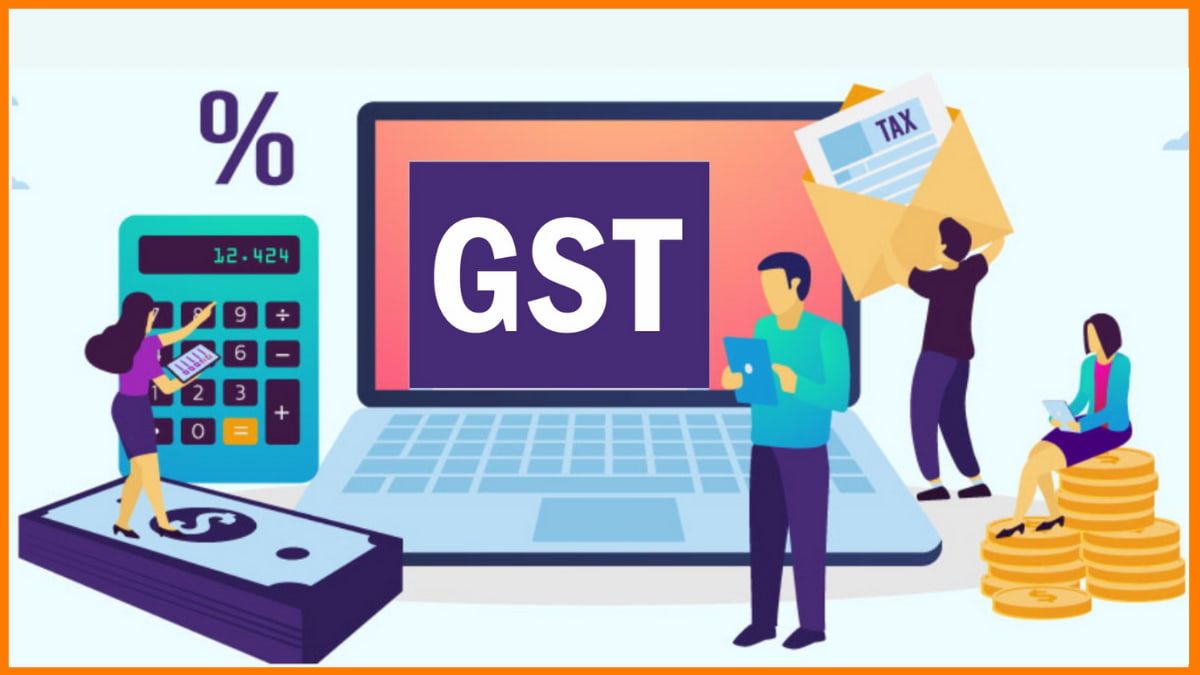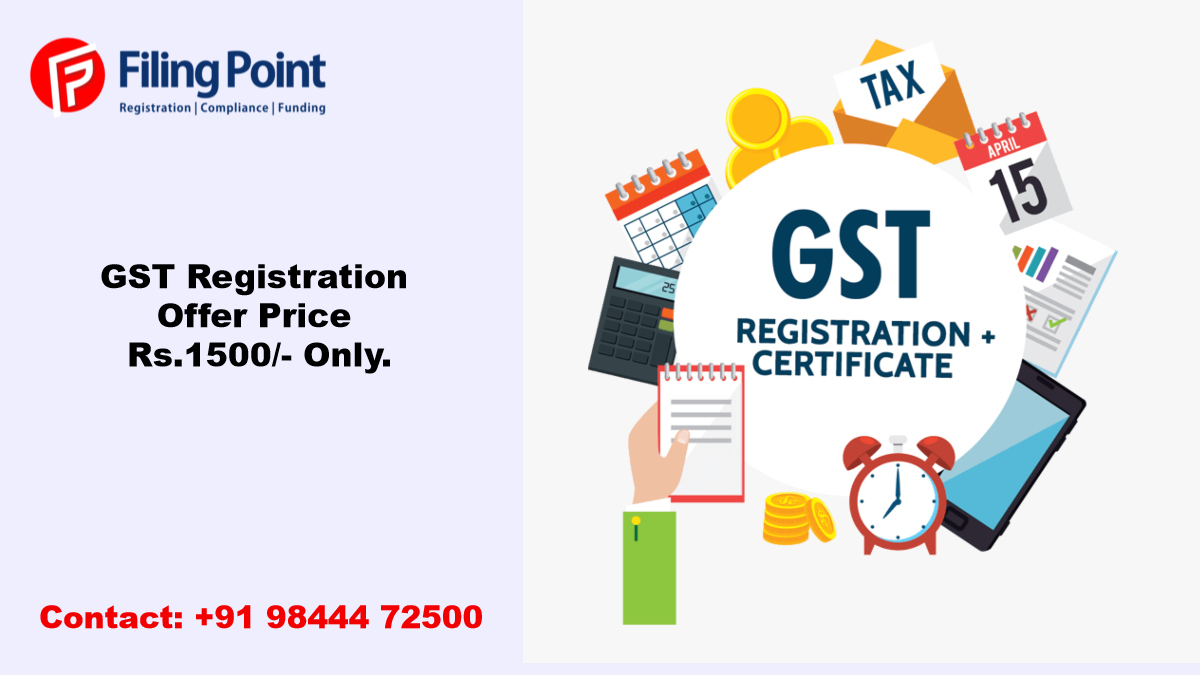The Ultimate Overview to Simplifying the GST Registration Refine and Needs for Small Company Owners

Understanding GST Basics
To grasp the fundamentals of the Item and Provider Tax Obligation (GST) system, little service owners should first recognize its underlying concepts and ramifications. GST is a value-added tax imposed on the majority of items and services for domestic consumption. It intends to simplify the taxes process by replacing multiple indirect tax obligations enforced by the state and main federal governments. Under the GST regimen, companies are called for to gather and register tax in support of the government, guaranteeing openness and conformity.
Among the crucial concepts of GST is input tax credit rating, which permits companies to assert credit history for tax obligations paid on their purchases. This device prevents the plunging result of taxes and advertises efficiency in the tax system. In addition, GST is a destination-based tax, indicating that the tax obligation is levied at the point of intake rather than the point of beginning. This makes certain fair circulation of tax obligation income amongst states based upon where the goods or solutions are taken in. Recognizing these fundamental concepts is crucial for small company proprietors to browse the complexities of the GST system and make sure compliance with the law.
Eligibility Criteria for Registration
Having developed a fundamental understanding of GST concepts, tiny organization proprietors have to currently fulfill details qualification standards to continue with the enrollment process. In India, entities participated in the supply of goods or services with an annual aggregate turn over going beyond Rs. 40 lakhs (Rs. 10 lakhs for unique group states) are called for to sign up for GST. Furthermore, particular organizations such as those associated with inter-state supply of items, informal taxed individuals, and those needed to pay tax under the reverse charge mechanism should register for GST irrespective of their turnover. Additionally, organizations that were signed up under the previous tax obligation regime (VAT, service tax, etc) are also mandated to register under GST. Agricultural organizations that just supply produce out of key production are exempt from GST enrollment. It is important for local business owner to meticulously examine their eligibility based upon these requirements to guarantee compliance with the regulation and prevent any fines for non-compliance.
Documents Required for GST Enrollment

Simplified Enrollment Process Steps
Tips for Ensuring Conformity
To maintain regulatory adherence and functional integrity, diligent oversight and positive measures are critical in guaranteeing compliance with GST requirements for small organization owners. Little organization proprietors need to stay upgraded with GST guidelines, submitting deadlines, and any adjustments in tax obligation prices to avoid penalties and preserve an excellent standing with tax obligation authorities. Participating in GST awareness workshops or training programs can improve understanding and compliance with GST policies, eventually profiting Singapore GST Registration the organization in the lengthy run.
Verdict
Finally, local business proprietors should understand the fundamentals of GST, satisfy the qualification standards, gather essential records, and follow the streamlined enrollment process steps to make sure compliance. By This Site streamlining the GST registration process and requirements, local business proprietors can prevent penalties and operate their services efficiently within the lawful structure - Singapore GST Registration. It is vital for little organization owners to remain enlightened and compliant with GST guidelines to keep a successful company procedure
Little organization proprietors looking for GST enrollment need to ensure they collect and send the essential records to complete the enrollment procedure successfully. The files needed for GST registration typically consist of evidence of organization enrollment or consolidation, PAN (Irreversible Account Number) card of the business entity, address and identification proof of the promoters/partners/directors, photographs, address proof of the place of company, financial institution account statements or canceled cheques, and consent types. Participating in GST understanding workshops or training programs can boost understanding and conformity with GST laws, inevitably benefiting the service in the long run.
By simplifying the GST enrollment procedure and requirements, small organization proprietors can prevent penalties and run their businesses efficiently within the legal structure. It is essential for small company proprietors to remain compliant and educated with GST policies to preserve a successful service procedure.
Comments on “Step-by-Step Process for Singapore GST Registration Explained”